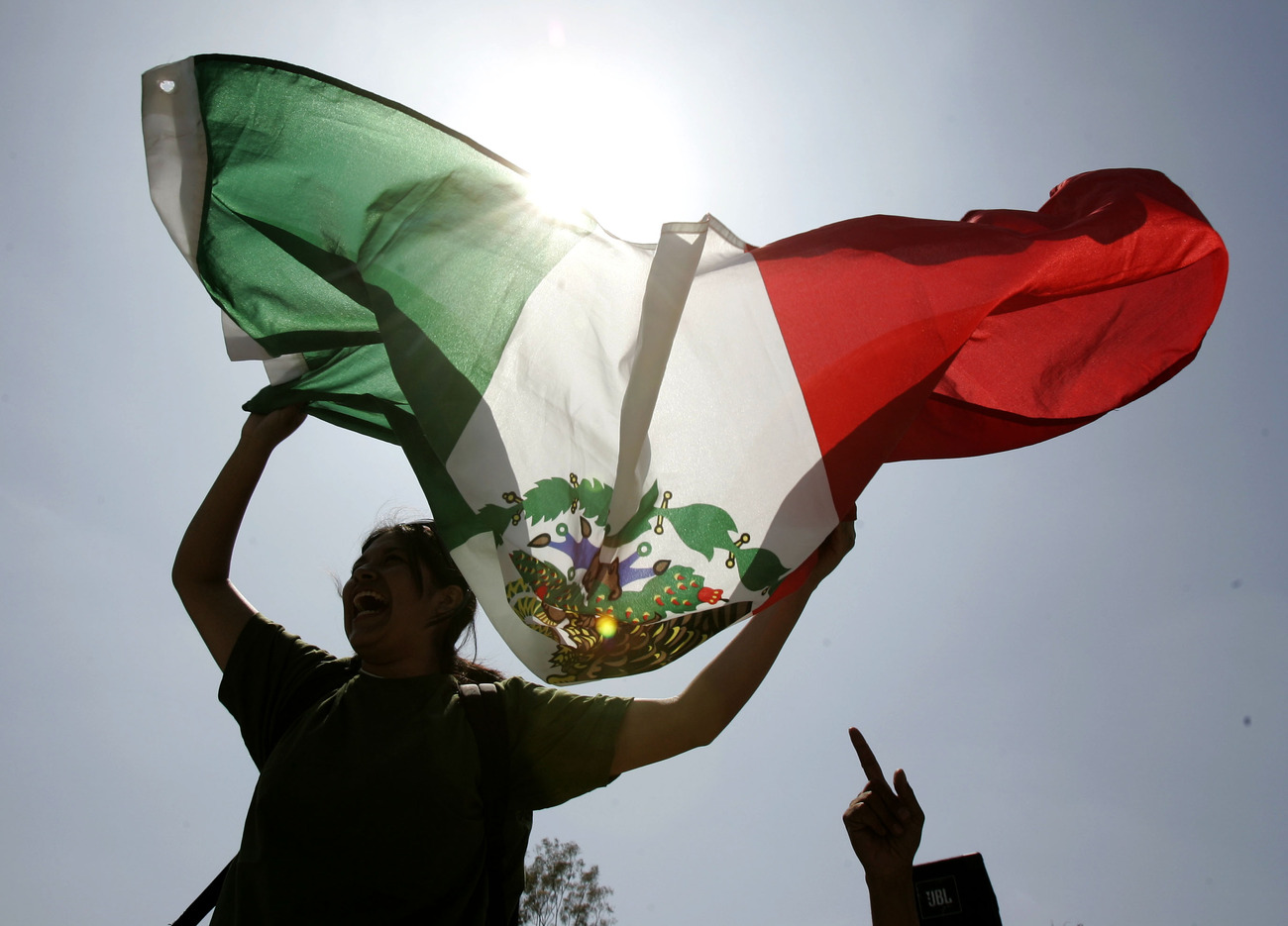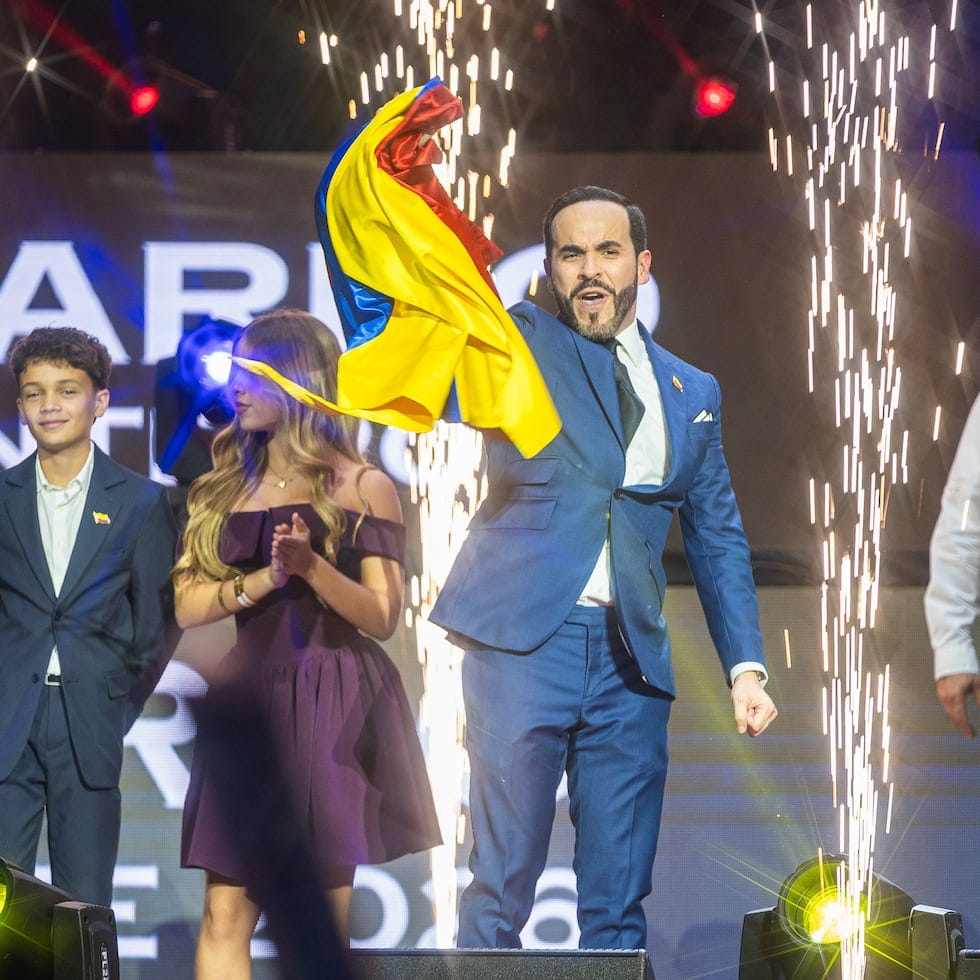President-elect Humala and His Path for Peru
President-elect Humala and His Path for Peru
Observers wonder what's in store for Peru when Ollanta Humala takes the helm next month. His international travels and comments on key domestic issues could provide a clue.
All the ballots have been counted, but the jury is still out about which path Ollanta Humala will take when he becomes president of Peru next month. As AS/COA’s Christopher Sabatini put it: “The election guessing game in Peru has ended and now the Humala guessing game has begun.” Throughout Humala’s tight race against conservative Keiko Fujimori and in the wake of the June 5 runoff, observers have repeatedly speculated about whether the former military officer would model himself after Venezuela’s expropriating President Hugo Chávez or take the more moderate course of Brazilian ex-President Luiz Inácio Lula da Silva. Humala’s cabinet picks will help shape the answer to the “Chávez or Lula” question, but Vice President-elect Marisol Espinoza says those won’t be announced before July 10. So what steps has Humala taken thus far to indicate which way he’ll go?
One signal may be his international travel. Within days of his victory, Humala hit the road, making Brazil his first stop before heading on a tour through the Southern Cone. He called Brazil a strategic partner for Peru (a description he also used for U.S.ties) when meeting with current Brazilian leader Dilma Rousseff in the capital. He made a second stop in São Paulo to visit with Lula as well. During that meeting, Humala said Peru already had a solid economy but now needed to combine that with efficient social inclusion policies, much as Brazil had done under the Lula government. That Humala traveled to Brazil first comes as little surprise, particularly given that Brazilian political strategists played a key role in Humala’s campaign and Lula-like makeover, as outlined in a Brookings Institution analysis. But the president-elect also chose to take a swing through the Southern Cone first over visiting Andean neighbors or the Venezuelan leader he often finds himself compared with.
Instead, he found himself building bridges with Chile. Disputes between the two countries date back to the nineteenth-century War of the Pacific, and a spy scandal erupted as recently as 2009. Despite some concerns that bilateral relations could take another contentious turn under Humala, the left-leaning president-elect described his meeting with conservative Chilean President Sebastian Piñera by saying: “[W]e’ve established an open channel of direct communication to be able to address any issue, any problem that can be resolved between both heads of state.” The two leaders discussed working together to boost their already vast mining exports while Humala indicated Peru could start exporting natural gas to energy-hungry Chile.
Humala shows signs of trying to heal divisions at home as well. He's pledged “a government of national consensus.”After he won the runoff by less than three points over conservative candidate Keiko Fujimori, he indicated that he may pardon her father Alberto Fujimori, currently serving time for corruption and human rights abuses. Humala said the 73-year-old former president’s ailing health offered a humanitarian reason for his release. He also rejected a suggestion by his second Vice President Omar Chehade that Fujimori should be translated to a common prison.
But whether Humala can reassure investors and the private sector that he is no chavista remains a crucial question in a country that saw close to 9 percent GDP growth in 2010. Peru’s stock index took a nosedive the day after the election, but experienced recovery in the following days. As the AQ blog reported, the Colombian and Peruvian stock exchanges will hold off on their planned merger until the Humala government gets time to review the pact. Humala, who campaigned on a promise of higher taxes for Peru’s multi-billion-dollar mining sector, said after winning that he would seek to increase taxes on windfall profits rather than imposing a unilateral duty.
“Yet the question remains and is now more pressing than ever: Who is Humala, and what does he believe?” asks Eric Farnsworth in Latin Business Chronicle. The president-elect may be ready to strike his own course. “I won’t emulate Hugo Chávez,” Humala said in an interview after the runoff. “We believe that Peru’s path is its own, not a copy of other countries.”
Learn more:
- AS/COA’s Senior Director of Policy Christopher Sabatini explores what Humala’s military formation could mean for his presidency in AQ blog post “Humala: We Wait.”
- In Latin Business Chronicle, COA Vice President Eric Farnsworth explores the strategic importance Washington's response to Humala’s win.
- Read a summary and watch a video of COA program “Where is Peru Headed?”
- Reuters factbox on Humala’s prospective cabinet picks.
- Final vote tally from Peru’s electoral agency.








